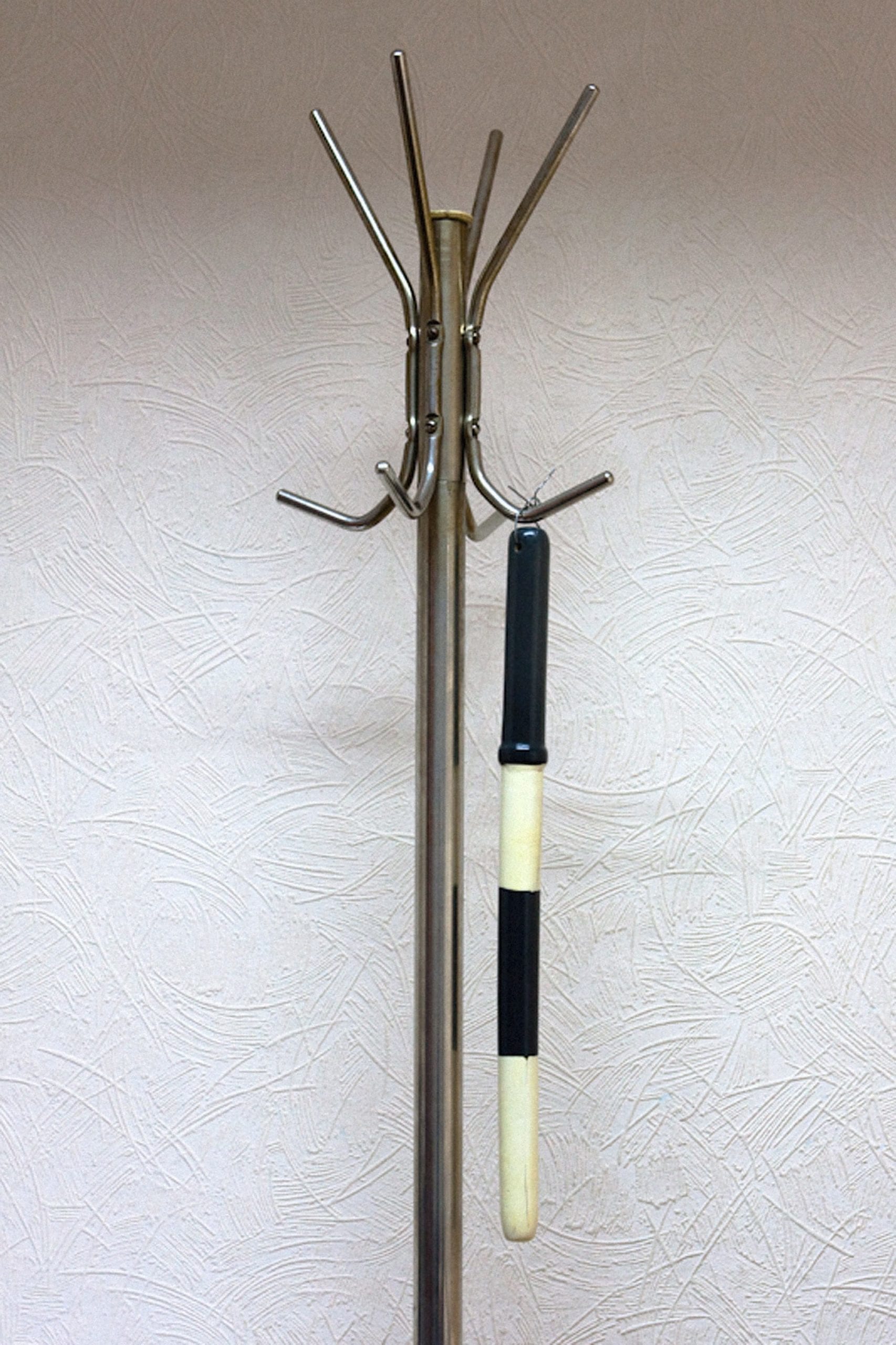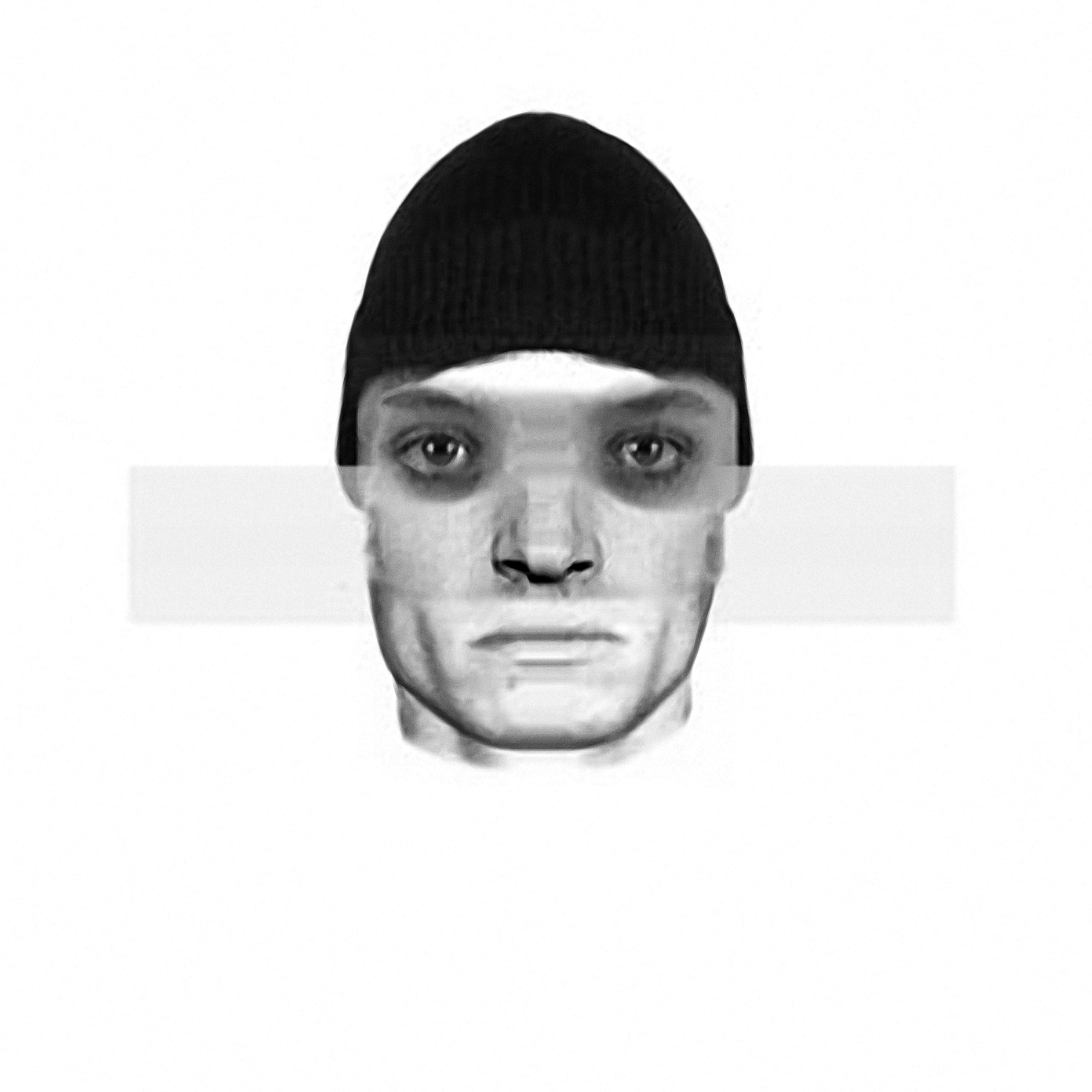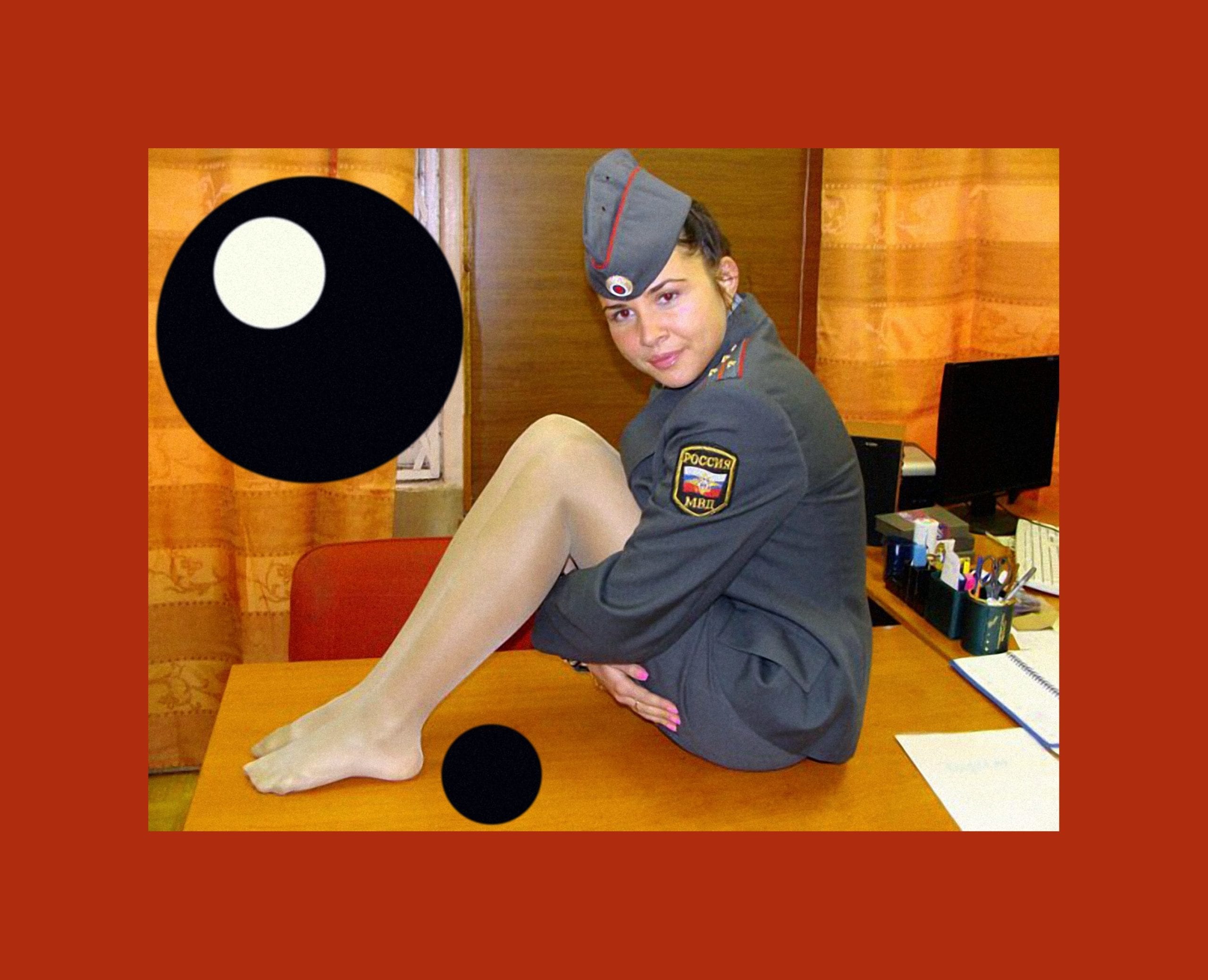Rudenko acknowledges an affinity with the women in the images, which she puts down to having used a camera phone to explore her identity before taking up photography. “I, like these girls, used this opportunity for self-representation, so from that point of view I am an insider on the subject of Russian girls and representation,” she explains.
Her approach to editing and sequencing was predominantly an aesthetic one, she says, based on visual tropes that sit well together. “My collection of images is very big, and can be sorted in many ways – girls and flowers, girls and cats, girls and guns, girls and tables,” she says. “I chose images of the most beautiful girls who are comfortable in the act of seduction. I see this work as a mosaic that can be changed… these images are a set that reflects the sexual play between good girls and bad boys.”


There is undoubtedly a ‘dominatrix’ overtone to the images, where the notion of dressing up in uniform for sexual pleasure – or as an element of role play – is prominent. Although, as Rudenko stresses, these images are taken in the workplace. “There is something wildly disarming about the work in Wanted,” says former Newsweek photo editor James Wellford, who taught Rudenko at the 2012 World Press Photo Joop Swart Masterclass, for which she produced Paradise, a series about the mentally disabled denizens of the Russian town of Elat’ma. “I could see people were wearing uniforms, but I wasn’t sure if they were acting out these roles. In the end they aren’t, but in a way they are acting roles, which speak about everything from sexuality to intimacy, to outlandish ways of showing their personalities. The images could almost be from a club scene in New York where everyone dresses up as cops. The work has a burlesque quality.”


In particular, Wellford comments on the element of control present in the work – “controlling who you are and what you’re able to get away with”, he says – and the role of the uniform within this. “People find a licence to [behave in certain ways] when they’re in uniform and in certain situations. The notion of uniform is such a dominant part of society.”
Liza Faktor, of visual documentary platform Screen, who has known Rudenko for several years, comments on the “weird disconnect” between what the women in the images put out online and the reality. “It is as though they’re not aware of what they’re posting,” she says.
“It’s very naïve and innocent, but shows how screwed up their thinking is. Wanted definitely has an anthropological element to it. The project certainly says a lot about the state of the Russian police force.”

